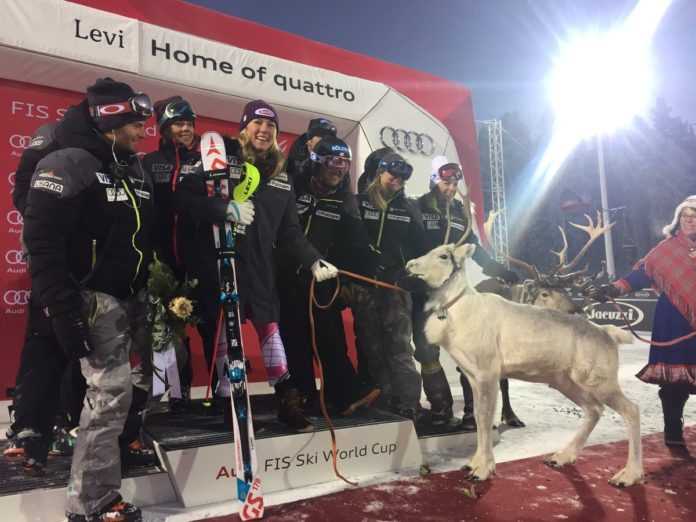There has been considerable angst over the reports of the Spanish government’s refusal to allow Kosovo’s team for last week’s World Karate Championships to compete in their own uniforms and have their flag displayed and anthem played at victory ceremonies.
Spain and Greece are the only European countries which do not recognize’s Kosovo’s self-declared independence from Serbia in 2008, and this has caused friction in many areas, one of which is international sporting events.
The restrictions at the World Karate Championships were widely condemned and the International Olympic Committee’s Deputy Director, Pere Miro – a Spaniard – said that such conduct will lead to the International Sports Federations being asked not to hold competitions in Spain.
Said Miro, “Spain is the only country with which there is no solution on Kosovo. We have two years and two different governments with this. But the World Karate [in] truth that is the straw that broke the camel’s back.”
On Wednesday, the National Olympic Committee of Spain (COE) received a letter from the Spanish Minister for Foreign Affairs, Josep Borrell, that indicated a reversal of position. According to a joint statement from the IOC and the COE, “the Spanish Government will provide the Kosovan sports delegations competing in Spain with the relevant visa and will authorise them to use their own national symbols, anthem and flag, in accordance with Olympic protocol.
“This will ensure that the athletes of Kosovo can participate under the same conditions as all the other athletes from the 206 National Olympic Committees recognised by the IOC.”
The statement noted that the IOC and COE “would like to reiterate our sincere gratitude for this decision, adopted by the Spanish Government and supported by the Prime Minister, Mr Pedro Sánchez” and ended with this triumphant paragraph:
Once again, the IOC and the COE wish to underline the fundamental role played by sport and the Olympic Movement in building a more inclusive, fairer society, in which dialogue and respect are the cornerstones and key principles.
Uh, not so fast.
On Thursday, the Spanish newspaper El Nacional reported that confusion persists and that the IOC-COE statement is not the end of the matter:
Shortly after [the statement was released], however, the Spanish foreign affairs ministry, headed by Borrell, published a statement saying that there has been no change to Spain’s position towards Kosovo and that it would present a formal complaint to the IOC for the “false reports” they had issued. Spain says it hasn’t lifted any veto, as Kosovans were able to take part in the recent Mediterranean Games in Tarragona.
Specifically, the Spanish government will present a formal complaint against the IOC’s deputy general director, the Catalan Pere Miró, for having said that Spain was putting obstacles in the way of athletes from Kosovo.
The ministry’s reference to the Mediterranean Games was to this year’s 22 June-1 July event in the Catalonian port city of Tarragona. Kosovo was allowed to compete, with a 40-member delegation in attendance and the team won four medals (3-1-0).
A Foreign Ministry statement to the Spanish La Vanguardia newspaper added (per a Google Chrome translation) that “We deny the reiterated statements by a senior official of the International Olympic Committee, according to which Spain would have denied the granting of visas to the Kosovars who participated in the World Karate, given that they did not request visas from the Spanish authorities.”
Most of this has to do with internal Spanish politics concerning Catalonia. But it also underscores the harsh reality of making a peace that everyone can accept.
























